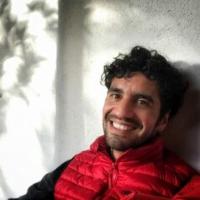
Juliano Palacios Abrantes
Co-chair
E-mail: j.palacios@oceans.ubc.ca
Juliano Palacios Abrantes is a Postdoctoral Associate at the Institute for the Oceans and Fisheries of the University of British Columbia. His research focuses on how climate change is shifting the distribution of marine species generating uncertain feedbacks on ecosystems and dependent human communities. He is particularly interested in how these shifts affect international shared fish stocks, threatening their sustainability and accentuating sources of conflict, ultimately highlighting the need for adaptive, collaborative, equitable and ecosystem-based management strategies. While Juliano’s research spans global to local studies, having been born in Brazil and raised in Mexico, he has a special interest in supporting marine research and governance in Latin America.
Twitter: @julianop_a
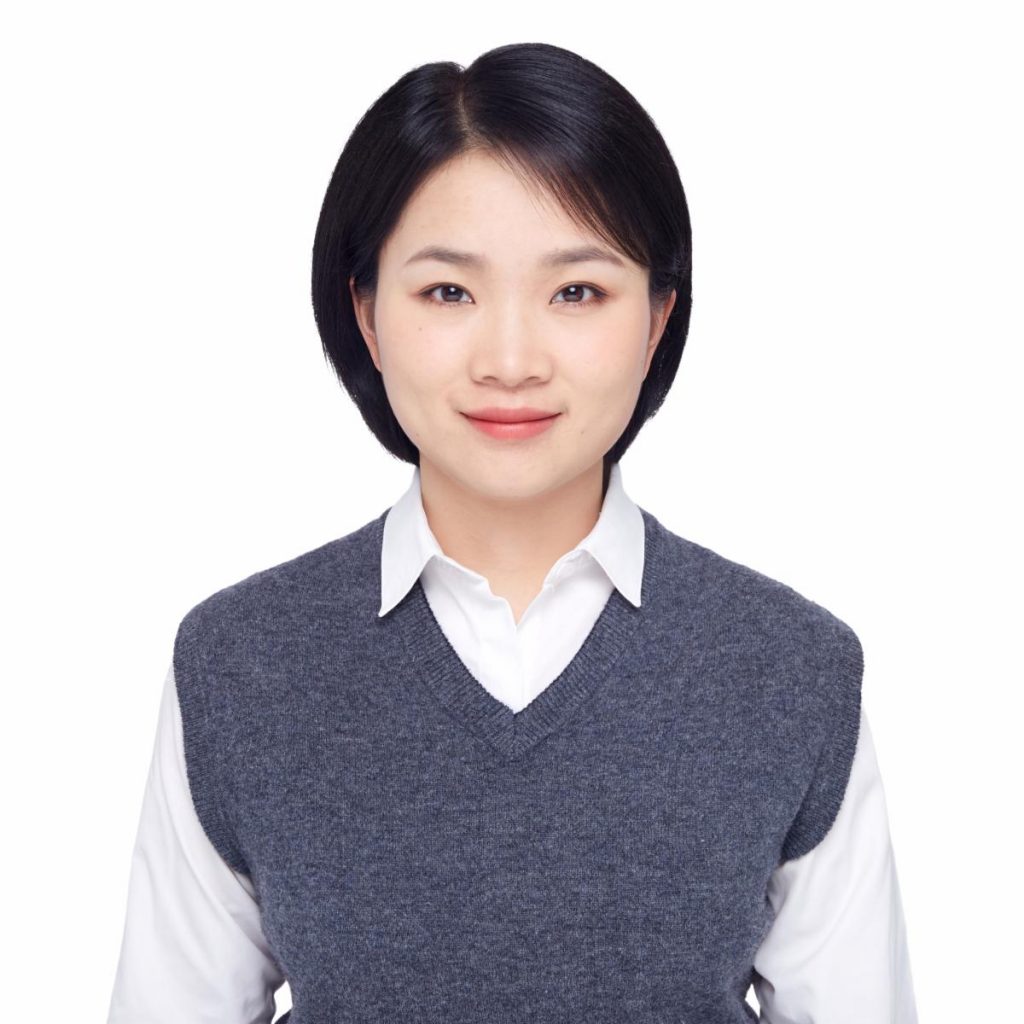
Shenghui Li
Co-chair
E-mail: lishenghui1227@163.com
Dr Shenghui Li is currently a lecturer at the School of Management, Guangdong Ocean University, China. Her research interests are Marine Spatial Planning (MSP), Marine Protected Areas (MPAs) and global ocean governance, with a particular focus on transboundary issues and multi-stakeholder collaboration. Shenghui is a member of the MSP Research Network and tries to contribute to MSP education and research. She is passionate about MSP’s potential for coastal community resilience and regional marine governance under climate change. Prior to being a lecturer, Shenghui had interdisciplinary education and work experience between marine natural science and marine social science, including a joint PhD in Marine Affairs at Xiamen University, China and the University of Liverpool, UK, and a post-doctoral researcher at the School of Oceanography, Shanghai Jiaotong University.
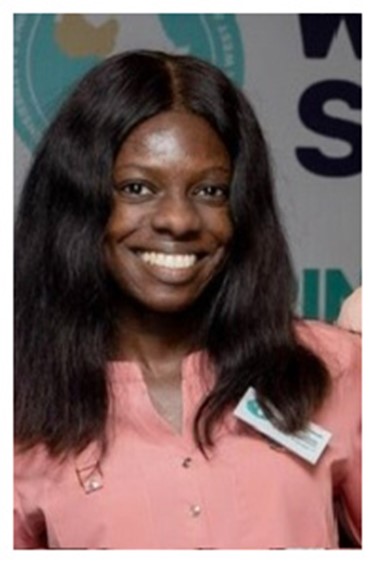
Gabriella Akpah Yeboah
Member
E-mail: gabi0009@yahoo.co.uk
Gabriella Akpah Yeboah is a PhD student at the University of Ghana, specialising in oyster sclerochronology. She also has expertise in marine-related fields like plastic pollution and remote sensing. Gabriella also serves as the National Coordinator for Early Career Ocean Professionals in Ghana, and is a passionate advocate for underrepresented professionals and champions climate change awareness and marine conservation.
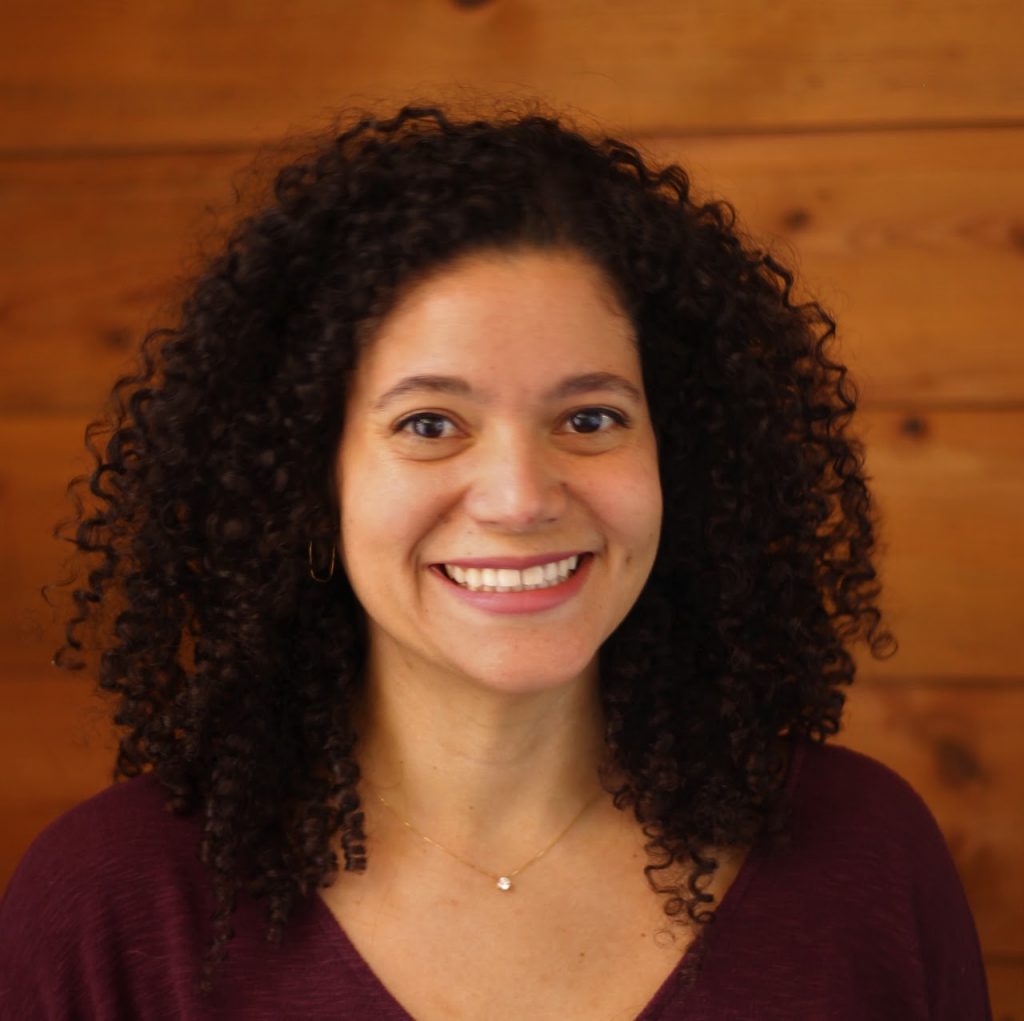
Bia Dias
Member
E-mail: bdossantosdias@alaska.edu
Web page: Link
Bia Dias (she/her) is a post-doctoral fellow at the Department of Fisheries, College of Fisheries and Ocean Sciences at the University of Alaska Fairbanks. Her current research explores the effects of regime shifts in the Gulf of Alaska marine food webs, and how that will persist in future climate change scenarios. Bia is also interested in climate adaptation of small pelagic fishes and socio-economic systems.
Twitter: @biaocean
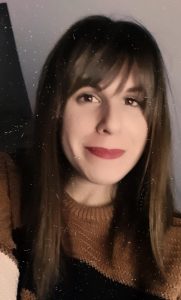
Sara Garcia-Morales Hurtado
Member
E-mail:saragmhurtado@hotmail.com
Sara is a research fellow at the OCEANPLAN Project at the Marine and Environmental Sciences Centre (MARE) at the University of Lisbon. She is a passionate biologist and marine ecologist trying to understand the variety of connections in marine social-ecological systems. Her current research explores how marine spatial plans can be adapted to climate change by understanding the complexity of the effects of climate change in biodiversity, ecosystem services, and human societies. Following an ecosystem-based management approach that focuses on ocean conservation and environmental justice, her work tries to improve adaptation capacity in such systems, guarantee more adequate planning responses and promote sustainable use of the ocean.
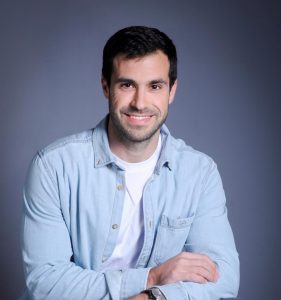
Ignacio Gianelli
Member
E-mail: ignaciogianelli@gmail.com
Ignacio is a doctoral student at the EqualSea Lab at the University of Santiago de Compostela, Spain. He is interested in marine social-ecological systems, fisheries management, the human dimension of fisheries, and the role of distal and proximate drivers in shaping human-oceans relationships. During his Ph.D., Ignacio will explore and foster transformative changes in marine social-ecological systems, particularly in small-scale fisheries. Using case studies in Uruguay and Spain, he will analyze how institutional factors and emergent processes from innovative sustainability initiatives in small-scale fisheries contribute to more sustainable trajectories for ocean-dependent communities. He aims to co-create transformative spaces in which to envision plural, possible and desirable futures for small-scale fisheries. His research involves epistemological agility, transdisciplinary networking, and the use of diverse tools to promote sustainability transformations in marine social-ecological systems.
Twitter: @IgnacioGianelli
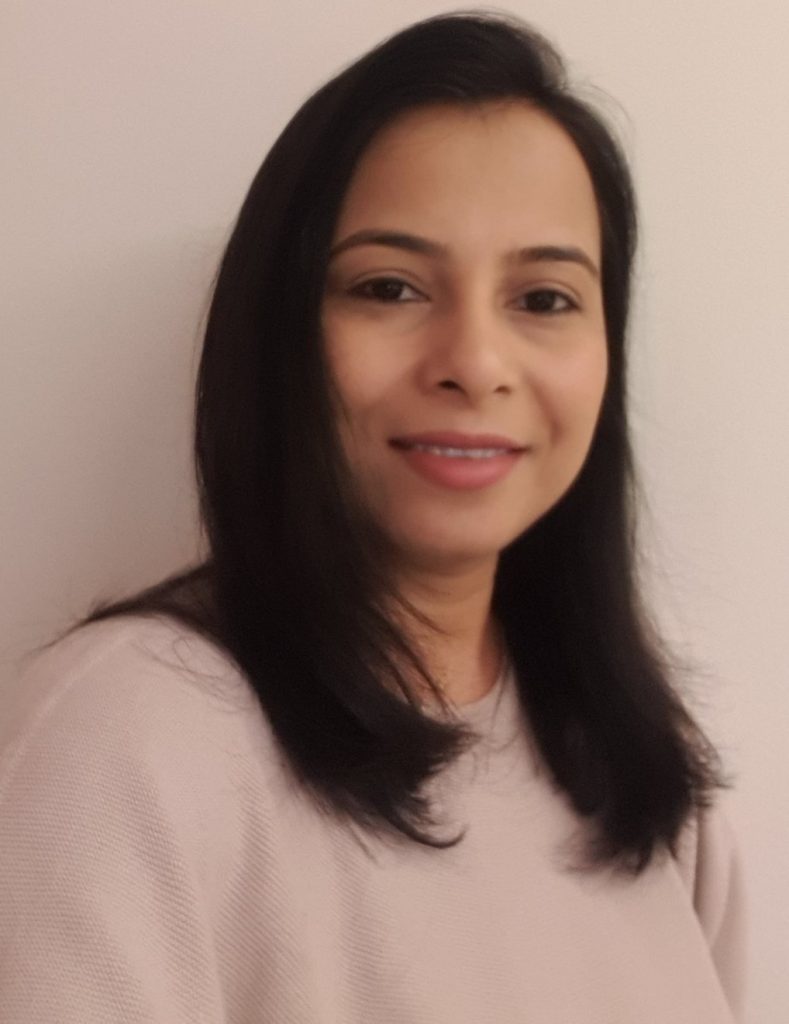
Priyatma Singh
Member
E-mail: priyatmas@unifiji.ac.fj
Priyatma is a lecturer and researcher at the University of Fiji. She previously taught at the University of the South Pacific (also located in Fiji). She is currently pursuing a PhD in Environmental Science from Linkoping University in Sweden. Her thesis focuses on Marine Spatial Planning and its impact on Small Island Developing States. Her research interests include ocean governance, coastal resilience and ecosystem-based adaptation. She is engaged in several international projects in collaboration with regional and international donors. Her current project focuses on goal conflicts between the Nationally Determined Contributions (NDCs) to the Paris Agreement and the implementation of the Sustainable Development Goals (SDGs), with emphasis on SDG 10 (Reduced inequalities: Reduce inequality within and among countries).
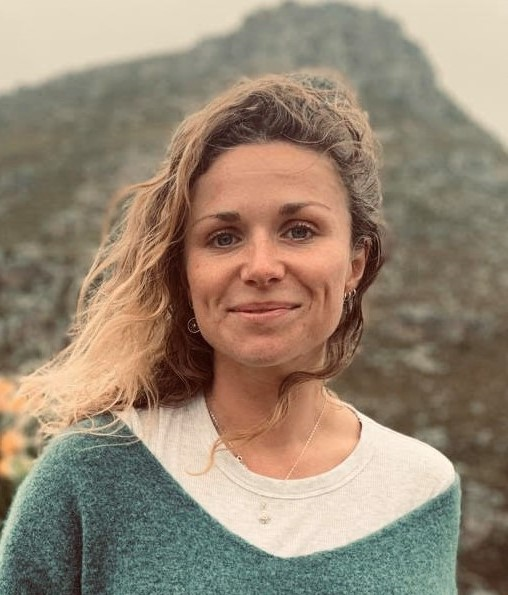
Mia Strand
Member
E-mail: miavstrand@gmail.com
Mia is a marine social scientist at Nelson Mandela University in South Africa. Her research focuses on equity in ocean governance, knowledge co-production processes, marine cultural heritage and children’s rights to a healthy ocean. She is a researcher with the One Ocean Hub, and an Ocean Nexus fellow starting January 2024. Prior to her PhD, Mia worked with non-governmental organisations and international development agencies in South Africa and Mozambique, and her passion for research with local coastal communities as co-researchers stems from first-hand seeing inequity in access to the ocean and opportunities in informing ocean decision-making. Mia is also a member of the UN Ocean Decade South Africa Node and the Africa Node’s Ocean Literacy Task Team.